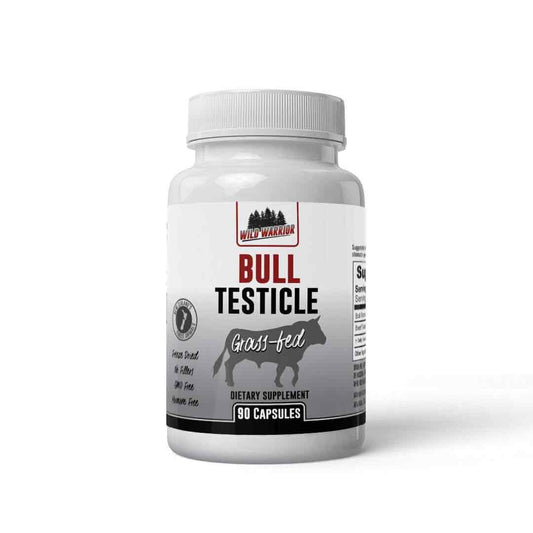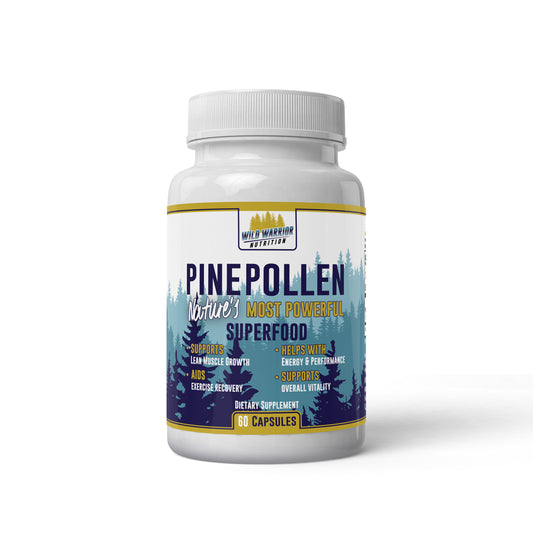There has been a long-standing debate in the fitness community about whether high rep workouts are more effective for building muscle than low rep workouts. Some argue that high reps lead to more muscle growth, while others claim that heavy weights and low reps are the key. In this blog, we will explore both sides of the argument and determine whether high rep workouts are indeed better for building muscle.
High Rep Workouts
High rep workouts typically consist of performing a high number of repetitions (usually above 12) with lighter weights. Proponents of high rep workouts believe that they lead to increased muscle endurance and hypertrophy (muscle growth).
Benefits of High Rep Workouts
-
Increased Metabolic Stress: High rep workouts cause metabolic stress, which is one of the key factors that contribute to muscle growth1. Metabolic stress occurs when muscles are subjected to a high level of tension for an extended period, leading to an accumulation of metabolites such as lactate and hydrogen ions. This stress can stimulate muscle growth.
-
Improved Muscle Endurance: High rep workouts help improve muscle endurance by training your muscles to work for longer periods without fatigue. This can be beneficial for athletes and individuals who participate in sports or activities that require sustained muscular effort.
-
Better Form and Technique: High rep workouts with lighter weights allow for better form and technique, reducing the risk of injury and ensuring that the targeted muscle groups are being worked effectively.
Low Rep Workouts
Low rep workouts involve performing fewer repetitions (usually between 1-6) with heavier weights. Advocates of low rep workouts argue that they promote greater muscle growth due to the increased mechanical tension and muscle fiber recruitment.
Benefits of Low Rep Workouts
-
Increased Mechanical Tension: Lifting heavier weights creates more mechanical tension on the muscles, which is another key factor in muscle growth2. Higher mechanical tension stimulates the muscle fibers to grow and become stronger.
-
Greater Muscle Fiber Recruitment: Low rep workouts with heavier weights lead to greater muscle fiber recruitment, activating more muscle fibers and promoting muscle growth3.
-
Increased Strength: Low rep workouts help develop strength by training the nervous system to handle heavier loads. This can be beneficial for athletes and individuals who participate in sports or activities that require explosive power and strength.
So, Are High Rep Workouts Better for Building Muscle?
The answer to this question is not clear-cut, as both high rep and low rep workouts have their unique benefits when it comes to building muscle. Research has shown that muscle growth can occur across a wide range of repetitions and loads, as long as the workout is performed with sufficient effort and intensity4.
Ultimately, the most effective approach for building muscle may be to incorporate both high rep and low rep workouts into your training program. This way, you can take advantage of the benefits of each type of workout and maximize your muscle growth potential.
In conclusion, there is no one-size-fits-all answer to whether high rep workouts are better for building muscle. The key is to find a balanced approach that works best for you and your fitness goals.
Footnotes
-
Schoenfeld, B. J. (2013). Potential mechanisms for a role of metabolic stress in hypertrophic adaptations to resistance training. Sports Medicine, 43(3), 179-194.
-
Loenneke, J. P., Buckner, S. L., Dankel, S. J., & Abe, T. (2019). Exercise-induced changes in muscle size do not contribute to exercise-induced changes in muscle strength. Sports Medicine, 49(7), 987-991.
-
Schoenfeld, B. J., Peterson, M. D., Ogborn, D., Contreras, B., & Sonmez, G. T. (2015). Effects of low- vs. high-load resistance training on muscle strength and hypertrophy in well-trained men. Journal of Strength and Conditioning Research, 29(10), 2954-2963.
-
Morton, R. W., Oikawa, S. Y., Wavell, C. G., Mazara, N., McGlory, C., Quadrilatero, J., ... & Phillips, S. M. (2016). Neither load nor systemic hormones determine resistance training-mediated hypertrophy or strength gains in resistance-trained young men. Journal of Applied Physiology, 121(1), 129-138.







